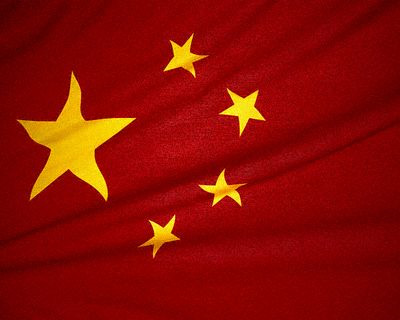 Chinese regulators are fighting over the right to oversee “World of Warcraft,” a popular online game, in a bizarre battle that has thrust bureaucratic rivalry for control of the Internet into the open.
Chinese regulators are fighting over the right to oversee “World of Warcraft,” a popular online game, in a bizarre battle that has thrust bureaucratic rivalry for control of the Internet into the open.
The bureau that licenses publishers said this week the game’s Chinese operator failed to obtain required import approval and should stop signing up customers. Its rival, the Ministry of Culture’s cultural products department, fired back that it was the regulator of online games and said the Web site’s paperwork was in order.
The squabble has given the Chinese public a rare glimpse into the struggles between bureaucrats over who gets to regulate the Internet and other promising new industries and reap the added influence and revenues that can bring.
“If you supervise a more dynamic area with a lot of growth potential, you have more budget and more administrative muscle,” said Edward Yu, president of Analysys International, an Internet research firm in Beijing. “They see this pie is getting bigger and bigger, so it is no wonder different administrations are fighting over pieces of that territory.”
China went through similar struggles as regulators fought earlier this decade over who would control and tax online commerce. But the latest clash appears more acrimonious, possibly because regulators see the Internet spreading to nearly every industry, bringing a windfall of status to any official associated with it.
China has the world’s biggest online population, with 338 million Internet users at the end of June — a bigger group than the whole U.S. population. Beijing encourages Web use for education and business but tightly regulates games and other content.
Games and entertainment are the biggest draw for Web portals in China, where e-commerce has developed more slowly than in the West. Multiplayer fantasy games such as “Warcraft” are hugely popular, with tens of millions of devoted followers. Business is booming for their operators, despite the global economic crisis.
The General Administration of Press and Publications released a statement Monday saying the “Warcraft” operator, Netease.com Inc., failed to get the administration’s permission to bring the game into China. It said the company should stop signing up customers and apply for approval.
Netease, which is based in Beijing and traded on the U.S.-based Nasdaq stock market, said in a statement that it had not received official notification of the agency’s announcement.
The Ministry of Culture rejected the publishing bureau’s claim to control over online games.
“These online games and publications are fully subject to administration by the Ministry of Culture,” the director of its department of cultural markets, Li Xiong, said Tuesday at a news conference.
Li said Netease is “complete in its paperwork and its game is legitimate,” according to a transcript on the ministry Web site.
Online game operators had 6.8 billion yuan ($1 billion) in revenue in the third quarter of this year, according to Analysys International.
The operator of the Chinese version of “World of Warcraft,” Netease.com, reported a $68.5 million profit for the three months ending June 30, up 6 percent from the same time last year. The game is the fourth installment in a series created by Activision Blizzard, an American unit of France’s Vivendi SA.
“They are learning. They are making progress,” said Yu of Analysys International. “But so far, the definition of territory and who will be more suitable to supervise each portion is still not settled yet.”


